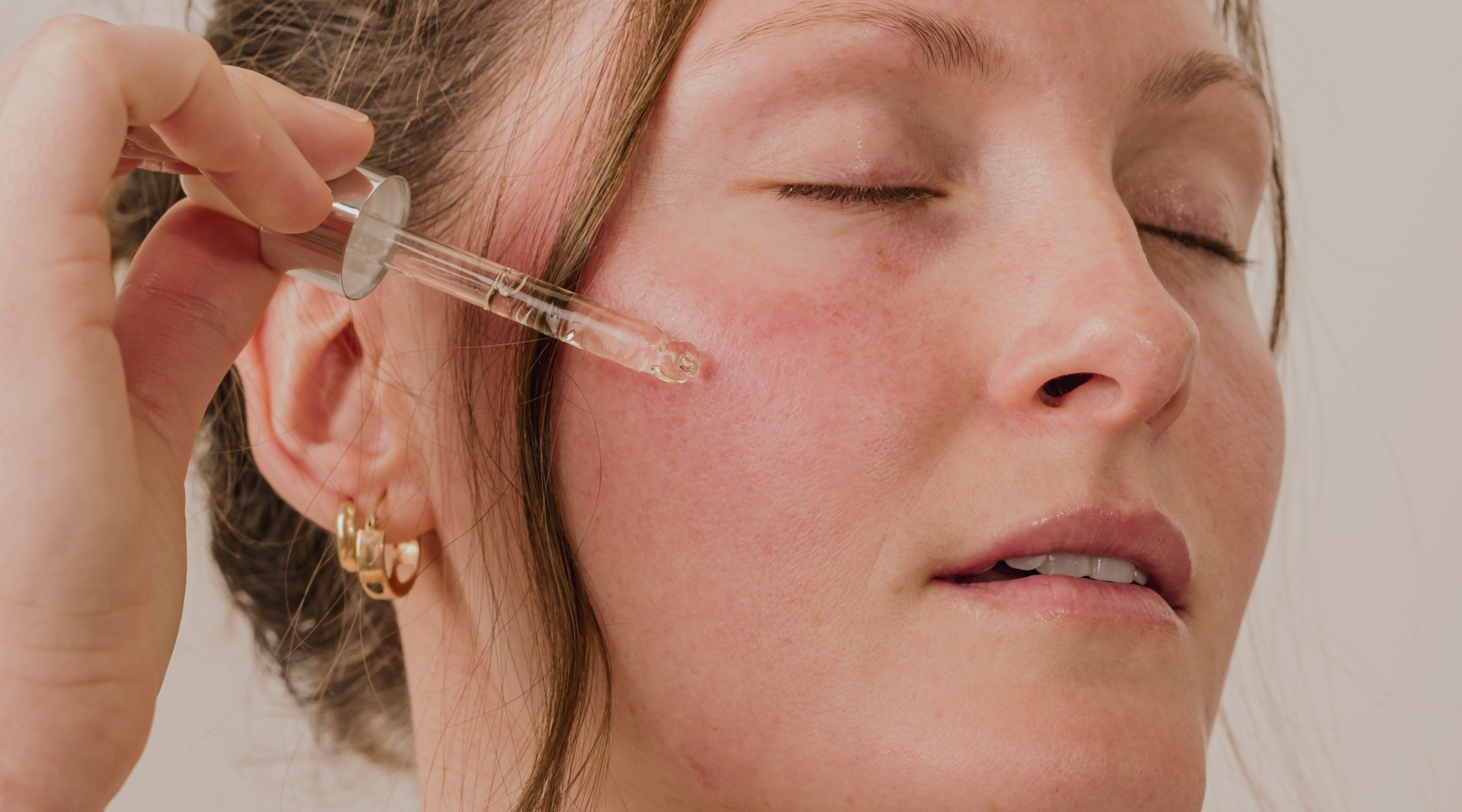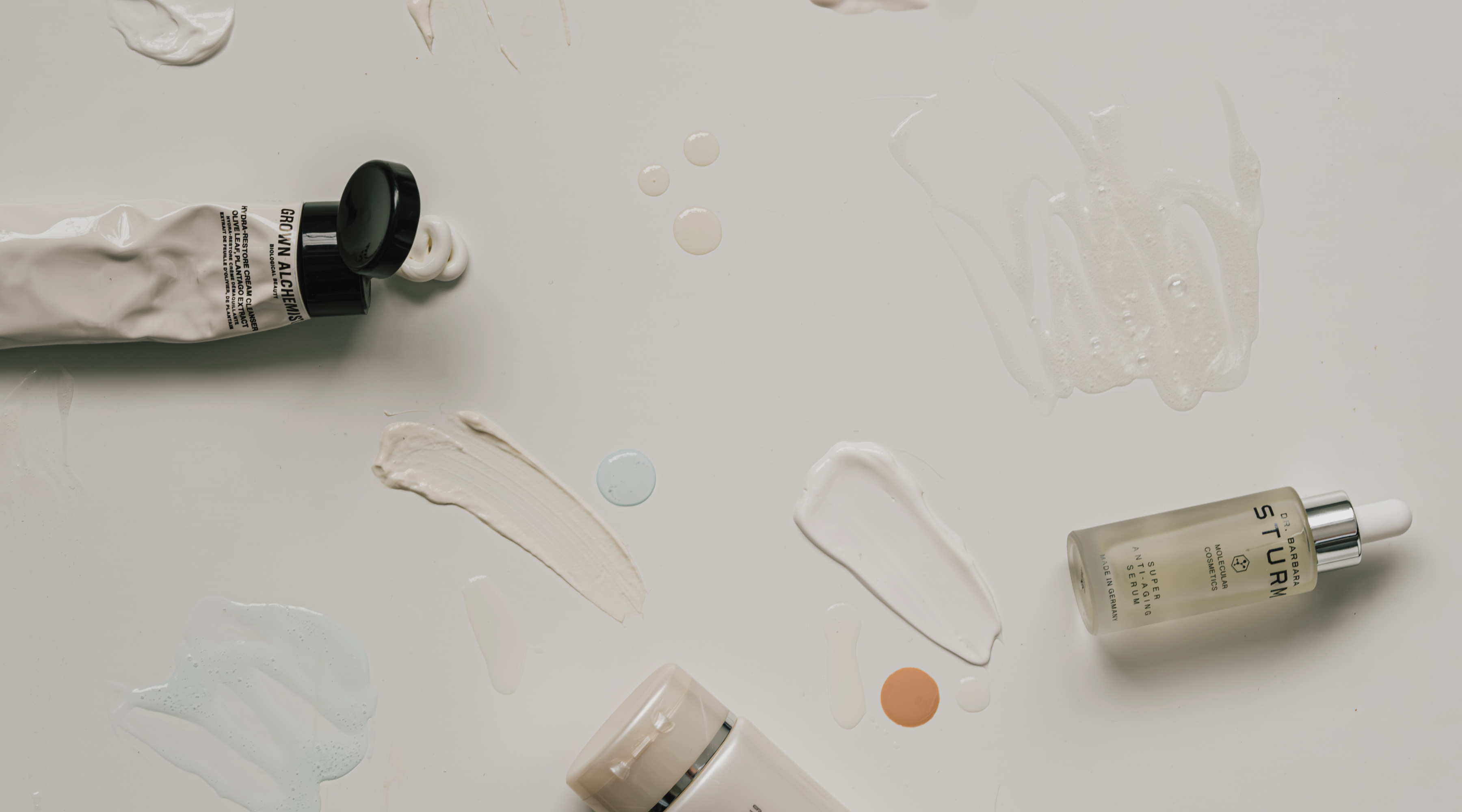
Skincare Sins: What Not to Do in Your Routine!
Skincare Sins: What Not to Do in Your Routine!
Welcome to the world of skincare! While trying new products is exciting, there are some classic “skincare sins” you should avoid. Here’s a science-backed guide to help you keep your skin glowing and healthy.
Sleeping with Makeup On? Just Don’t.
Leaving makeup on overnight can clog pores and cause breakouts. Makeup traps dirt and pollutants inside your skin, leading to oxidative stress and premature aging. Sweat can mix with bacteria and oils on your skin, leading to clogged pores and breakouts. Always cleanse your face before bed to let your skin breathe and repair itself.
Skipping Sunscreen: The Ultimate No-No
Skipping sunscreen exposes your skin to harmful UV rays, increasing the risk of skin cancer and accelerating the aging process. UV radiation can penetrate clouds and windows, so apply SPF every day to protect your skin from damage. Always check the expiration date and replace your sunscreen regularly to ensure maximum protection.
Retinol in the Morning? Think Again.
Retinol, a form of vitamin A, breaks down in sunlight, making it less effective and possibly increasing your skin’s sensitivity to UV rays. It’s best used at night to allow your skin to repair and renew while you sleep. Always follow with sunscreen during the day to protect your skin.
Mixing Potent Ingredients: Proceed with Caution
Using retinol, vitamin C, alpha hydroxy acids (AHAs), and beta hydroxy acids (BHAs) together can irritate due to their different pH levels and exfoliating properties. Consult a skincare expert to determine the best approach for your skin type and needs. It’s often best to use them on alternate days to avoid over-exfoliation and sensitivity.
Layering Products in the Wrong Order
Proper layering ensures each product penetrates effectively. Apply products from thinnest to thickest consistency: cleanser, toner, serum(s), moisturizer, and sunscreen. This allows each layer to be absorbed and perform its function correctly.
Over-Exfoliating: More Harm Than Good
Exfoliation removes dead skin cells, but overdoing it can strip your skin of its natural oils, damaging and irritating the protective barrier. Limit exfoliation to 1-2 times a week, unless following a skin expert’s guidance, with gentle products to keep your skin smooth and healthy.
Trusting TikTok and Social Trends Blindly
Social media is full of skincare hacks, but not all are expert-approved. Some trends can be harmful or ineffective. Always research and consult with a skincare professional before trying new methods or products.
Ignoring Your Neck and Hands
Your neck and hands are often exposed to the sun and environmental factors, showing signs of aging similar to your face. Extend your skincare routine to these areas to keep them youthful and protected.
Overloading on Active Ingredients
Using too many active ingredients, such as acids and retinoids, at once can overwhelm your skin, causing irritation and sensitivity. Introduce one active at a time and monitor your skin’s response. Balance your routine with hydrating and soothing products.
Skipping Patch Tests for New Products
If you are concerned, patch testing helps prevent adverse reactions by testing a small amount of product on your skin before full application. Apply to a discreet area and wait 24 hours to check for any irritation. This step is crucial for those with sensitive skin or allergies.
Incorrect Eye Cream Application
Eye cream should be applied gently around the orbital bone, not directly on the eyelids. Use your ring finger to lightly pat the product in, avoiding tugging at the delicate skin to prevent wrinkles and irritation.
Using Hot Water to Wash Your Face
Hot water can strip your skin of its natural oils, leading to dryness and irritation. Opt for lukewarm water to cleanse your face, maintaining your skin’s moisture balance and protecting its barrier function.
Holding onto Products for Too Long
Skincare products, such as serums and moisturizers, typically last 3-12 months after opening. If you’re following a proper routine, these should be used up within 3-4 months. Keeping products for 12 months is too long and can reduce effectiveness and potential skin issues.
Neglecting to Hydrate Your Skin Properly
Hydration is key to healthy skin. Not drinking enough water or using a good moisturizer can leave your skin looking dull and feeling dry. Choose a moisturizer suited to your skin type, and drink plenty of water throughout the day to keep your skin hydrated from the inside out.
Ignoring Seasonal Skincare Needs
Your skin's needs can change with the seasons. Ignoring these changes can lead to issues like dryness in winter and excess oil in summer. Adjust your skincare routine to accommodate seasonal changes, such as using a richer moisturizer in the winter and a lighter one in the summer.
There you have it—15 things not to do in your skincare routine. Remember, skin care is about consistency and finding what works best for you. Stick to the basics and consult professionals when needed. Happy skincare-ing!
Until next time,
Beate











Leave a comment